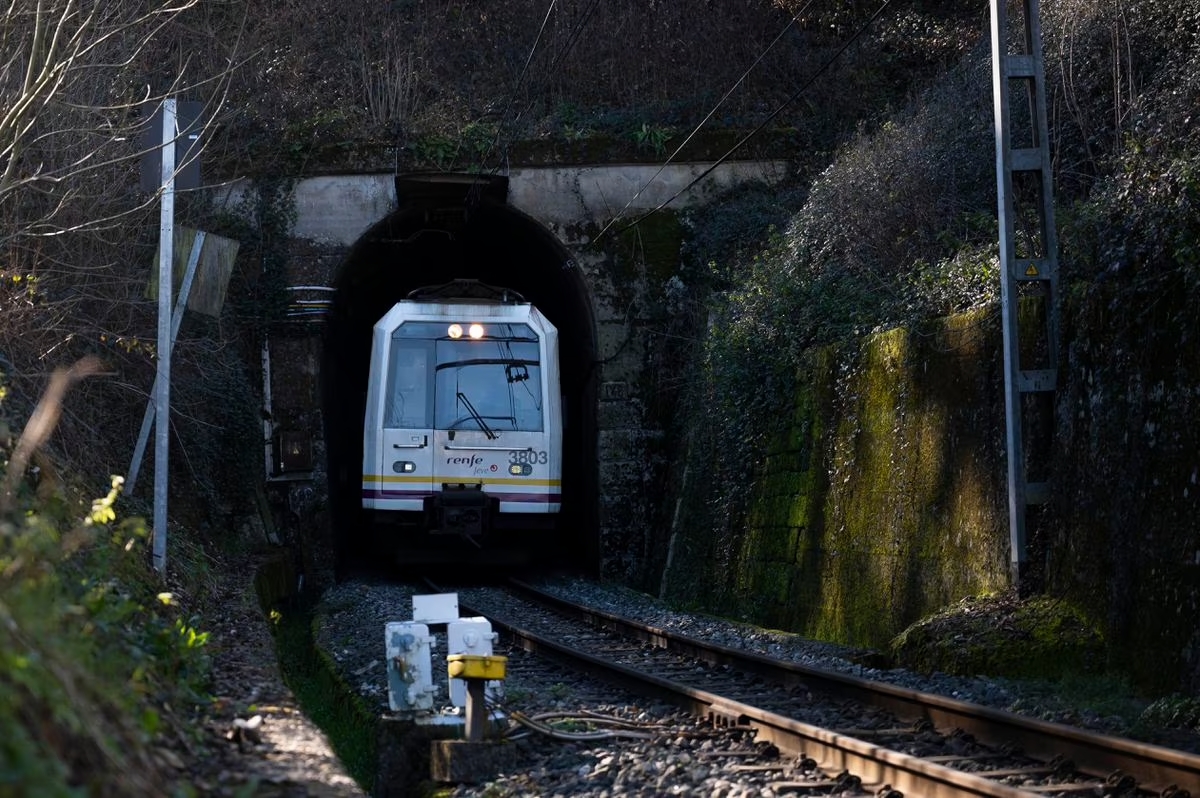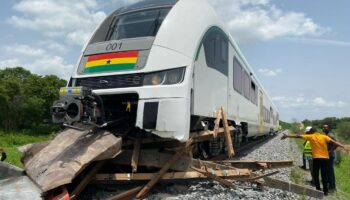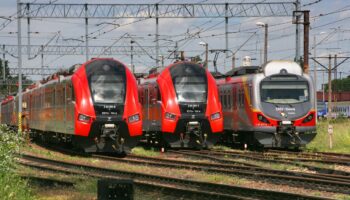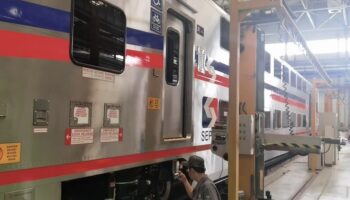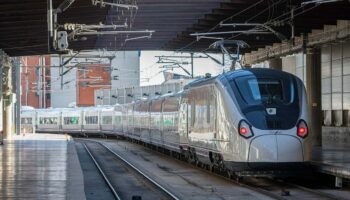Spain: Isaías Táboas resigned late in February as president of the national operator Renfe. The Spanish secretary of state for transport, Isabel Pardo de Vera, who previously served as president of infrastructure operator Adif, stepped down along with him. Their posts have been taken over by Raul Blanco and David Lucas. Earlier, Adif’s head of track inspection and technology and Renfe’s manager were dismissed at the request of the Ministry of Transport.
The series of resignations followed reports in the Spanish media that CAF, which won the contract to produce the trains and spotted an error in the specifications from Renfe. The operator ordered 31 narrow-gauge (1,000 mm) trains for €258 mln in 2020 for transportation in the provinces of Cantabria and Asturias within the FEVE service. The dimensions indicated in the specifications not allowed the passing of vehicles through a number of tunnels.
Renfe assured that this data was taken from the documentation of the infrastructure operator Adif. The latter said in its turn that it had nothing to do with the information provided by CAF. Meanwhile, the Spanish newspaper El Español claims that the error is due to Renfe’s misinterpretation of the network statement prepared by Adif.
The presidents of Cantabria and Asturias, Miguel Ángel Revilla and Adrian Barbon, demanded accountability and compensation from the federal authorities. In response, the national government promised residents of these provinces to extend free pass on the FEVE and Renfe trains until 2026. The Spanish Ministry of Transport has also now commissioned an internal audit to try to identify thе responsible for the error.
It is worth noting that CAF reported Renfe on the error back in March 2021. But the operator’s management concealed this fact from the public and from the Ministry of Transport for almost two years. In October of that year, experts from the state railway safety agency, Renfe and Adif agreed on a solution to the problem. It was decided to design trains according to the “comparative approach”. However, the regulations for this method were never drafted over the next year and a half and the development of rolling stock was put on hold.
This February the Spanish Ministry of Transport approved new regulations authorising the “comparative approach” for train design. The method is based on the use of existing trains as reference and is applied in a number of EU countries (European standard EN-15273), but was not present in the Spanish regulations.
Spanish Transport Minister Raquel Sanchez promised at a meeting with provincial representatives that the development of the new trains will be completed this summer. While CAF will start producing them late in 2023 or early in 2024. The first trains are scheduled to be delivered early in 2026, although previously it was expected that the first ones would be ready by autumn 2024. It was also decided to order 7 additional trains from the option, thus increasing their number to 38 vehicles.



